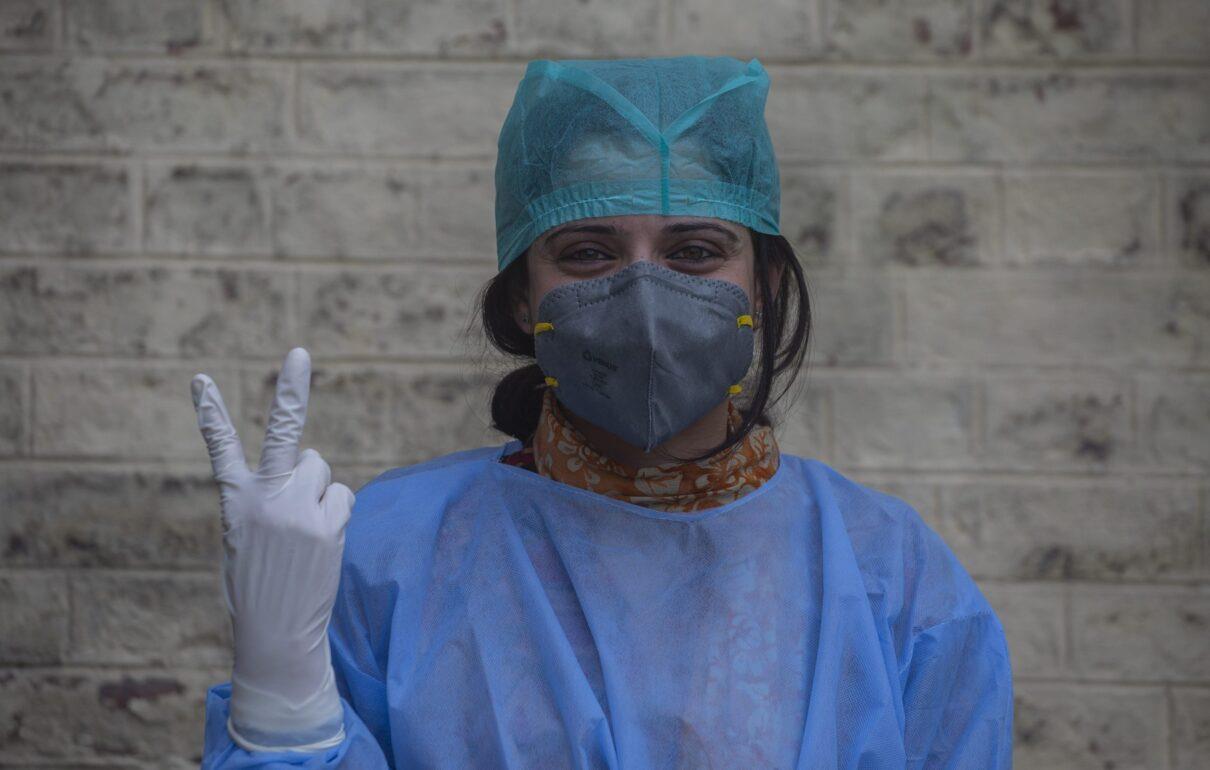
Building A Healthier Future
Representational Photo
By Dr. Abdul Rouf
In today's global healthcare landscape, the pursuit of quality has become paramount, crossing borders and transforming traditional approaches. From developed nations to emerging economies, governments and healthcare institutions are increasingly recognizing the importance of quality assurance in healthcare delivery. Accreditation systems have emerged as a cornerstone in this quest for excellence, providing a structured framework for assessing and improving healthcare standards. India, with its vast and diverse healthcare ecosystem, stands at the forefront of this transformative journey towards quality-driven healthcare. The Ministry of Health & Family Welfare (MoHFW), in collaboration with the National Health Mission (NHM), has embarked on a comprehensive accreditation process to elevate the quality of healthcare services, particularly in public health facilities.
ADVERTISEMENTAt the heart of this initiative lies the National Quality Assurance Standards (NQAS), a meticulously crafted framework designed to align with the specific requirements of public health facilities. Developed in 2013, NQAS draws inspiration from global best practices, setting rigorous standards across eight key Areas of Concern: Service Provision, Patient Rights, Inputs, Support Services, Clinical Care, Infection Control, Quality Management and Outcome. These standards, accredited by the International Society for Quality in Health Care (ISQua), reflect a commitment to excellence and serve as a benchmark for healthcare providers nationwide.
The implementation of NQAS is spearheaded by the National Health Systems Resource Centre (NHSRC), which oversees capacity building initiatives and training programs aimed at empowering healthcare professionals. Through continuous learning and skill development, NHSRC fosters a culture of quality improvement within healthcare facilities, ensuring that standards are not just met but exceeded. Accreditation under NQAS serves as a testament to a facility's commitment to quality and patient safety. It not only enhances the credibility of healthcare providers but also instils confidence in patients and stakeholders alike. However, despite the strides made in improving healthcare standards, challenges persist, particularly in regions like Kashmir.
Efforts to bolster accreditation rates under NQAS hold the promise of elevating healthcare standards in Kashmir. By prioritizing quality assurance, stakeholders reaffirm their commitment to providing standardized, evidence-based care that prioritizes patient safety and satisfaction. Moreover, enhancing quality standards aligns with broader objectives of strengthening the health system and advancing public health initiatives.
Read Also My Journey With Functional Neurological Disorder Poplar Pollen Sparks Allergy Surge In KashmirAs Kashmir celebrates milestones such as the elimination of Tuberculosis (TB) in five districts, attention turns towards addressing the gap in accreditation under NQAS. While progress has been made in combating both communicable and non-communicable diseases and infant and maternal mortality the need to ensure consistent, safe, and effective healthcare services remains paramount.
The Ministry of Health and Family Welfare has set a target to achieve NQAS certification for all public healthcare facilities by December 2026. In Kashmir, there are approximately 2000 public health facilities, but fewer than 10 have received NQAS accreditation. While some facilities are in the process of obtaining certification, a significant amount of work remains to meet the national target.
While the road ahead may pose challenges, the resolve to deliver quality healthcare remains unwavering. Notably NQAS accreditation can be achieved within existing budgets and human resources of public health facilities but resources require careful planning and alignment of objectives. Yet, as history has shown, with dedication and collective effort, Health Care workers in Kashmir have overcome challenges in the past, setting new benchmarks in healthcare delivery.
Views expressed are the author's own and do not necessarily represent the editorial stance of Kashmir Observer
- The author is National Assessor (NQAS) and is presently working at Department of Community Medicine, Government Medical College Srinagar and can be reached at [email protected]

Legal Disclaimer:
MENAFN provides the
information “as is” without warranty of any kind. We do not accept
any responsibility or liability for the accuracy, content, images,
videos, licenses, completeness, legality, or reliability of the information
contained in this article. If you have any complaints or copyright
issues related to this article, kindly contact the provider above.


















Comments
No comment